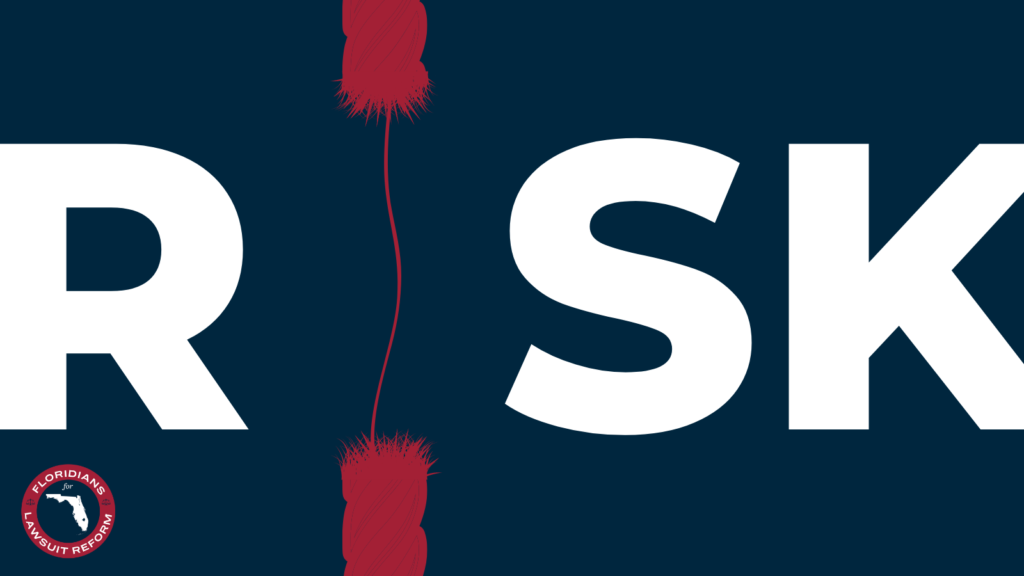
FEBRUARY 1, 2023
The Florida Legislature used a special session in mid-December to pass what analysts say is the largest property insurance reform package in Florida history.
The latest reforms, which add $1 billion in reinsurance for struggling Florida carriers and rein in roofing companies, add to protections the Legislature created during a May special session. Although homeowners are likely to find it more difficult to obtain property insurance in the state-backed Citizens Property Insurance Corporation, the new laws also streamline insurance inspections and claims.
Even before the five-day special session began, lawmakers introduced HB 1A and SB 2A, which are intended to halt once and for all the ability of roofing companies and other contractors to bill insurance companies for roof repairs. The package of reforms also bans one-way lawyer’s fees, which insurers pay whenever they lose in court in commercial and residential property insurance disputes.
The new laws are aimed at dishonest roofing companies—not all of them are, of course—who convince homeowners to have their roofs inspected for free. The roofer finds minor damage but tells the homeowner their insurance carrier can be convinced to pay for a new roof. The homeowner then signs an assignment of benefits, or AOB, in effect signing over the insurance policy to the contractor.
When the insurance company disputes the claim, the roofer, armed with the homeowner’s AOB, sics a lawyer on the insurance company. If the insurance company loses in court, it pays the company for the new roof and the plaintiff’s lawyer’s fee. The lawyer often adds a fee multiplier that can double, or triple, the award the roofer receives.
“One-way attorney fees and AOBs lead to excessive levels of frivolous litigation,” says Mark Friedlander, Florida analyst for the Insurance Information Institute. “Eliminating both is necessary to slow down the mass volume of lawsuits being filed against Florida insurers.”
The Legislature’s new Florida Optional Reinsurance Assistance program adds $1 billion to the $2 billion Reinsurance to Assist Policyholders program the Legislature created during its May special session. The plan requires carriers to reduce policyholder rates.
Like other property insurance analysts, Friedlander believes the private home insurance market in Florida is on a trajectory toward total collapse. Florida homeowners file more property damage claims than any other state in the union, according to the Insurance Information Institute.
“Six Florida residential insurers were litigated out of business in 2022 and a seventh company, United Property and Casualty Insurance, is shutting down this spring, primarily because of litigation costs,” Friedlander says. “More than two dozen Florida insurers remain on the insurance regulator’s financial watch list.” (See “Attempts to fix Florida’s failing property insurance market,” published December 2022, at gulfshorebusiness.com.)
SB-4A, also passed mid-December, provides tax relief to owners of the more than 17,000 homes in Fort Myers, Sanibel Island, Estero and elsewhere in Lee County that were destroyed or damaged during Hurricanes Ian and Nicole. The law allows homeowners to apply for property tax refunds if the storms made their home unlivable for at least 30 days. Tax reimbursements would be based on the value of the home and how long it was uninhabitable.
Property owners also benefit from new rules that require insurers to review and acknowledge claim communication and to begin investigations within seven days, instead of two weeks, as well as reducing the time insurers have to inspect damage from 45 days to 30 days. The state also can strip insurance companies of their certificates if they practice unfair trade practices with appraisals. However, it won’t be as easy for homeowners to turn to the state-run Citizens Property Insurance Corporation, or CPIC, under the new rules. Lawmakers believe too many homeowners flock there when they don’t have to.
According to CPIC spokesman Michael Peltier, the state-run fund doesn’t have enough reinsurance coverage to meet risks posed by hurricanes, hail storms and other threats to property. So the new law enacts new requirements for those renewing coverage through Citizens Property Insurance Corporation, the state-backed insurer of last resort.
“In addition to requiring Citizens’ policyholders to accept a private market insurance policy if it is no more than 20% higher than the cost of a Citizens policy,” Friedlander says, consumers also will be required to carry flood insurance if they maintain windstorm coverage with Citizens.
The Legislature knows Florida is an expensive place to be a property insurer, so it will likely create more reforms in the future. Nevertheless, this latest special session should go a significant way to fixing things. “This is the strongest insurance reform package we have ever seen passed in Florida,” Friedlander says. “It shows our new legislative leaders understand the enormity of Florida’s property insurance crisis and are initiating decisive actions to create a path toward stability of the market.”
